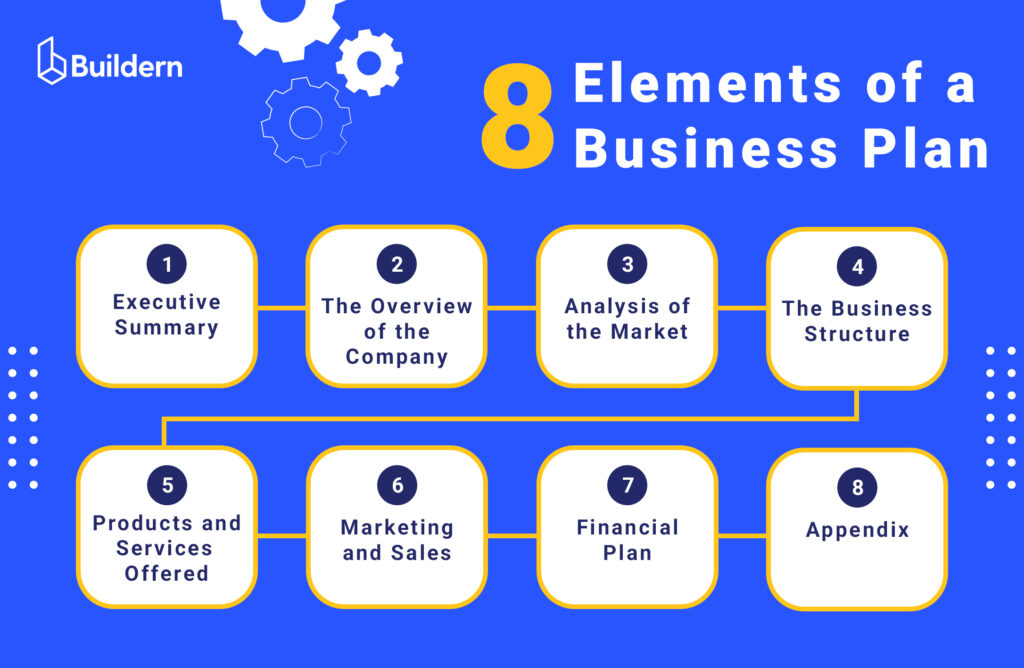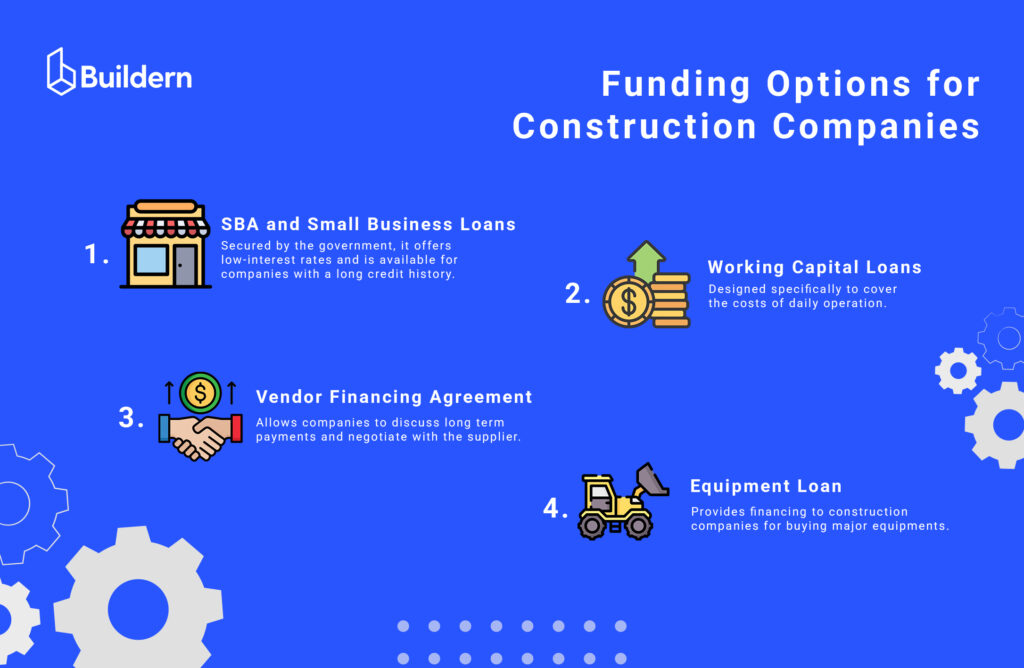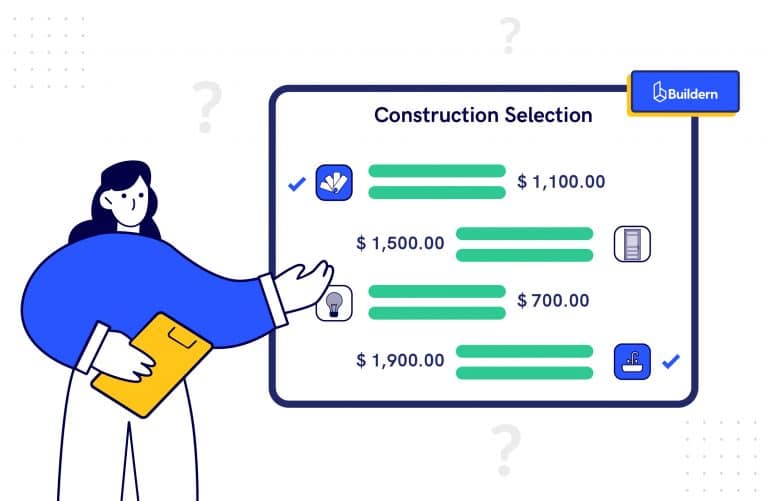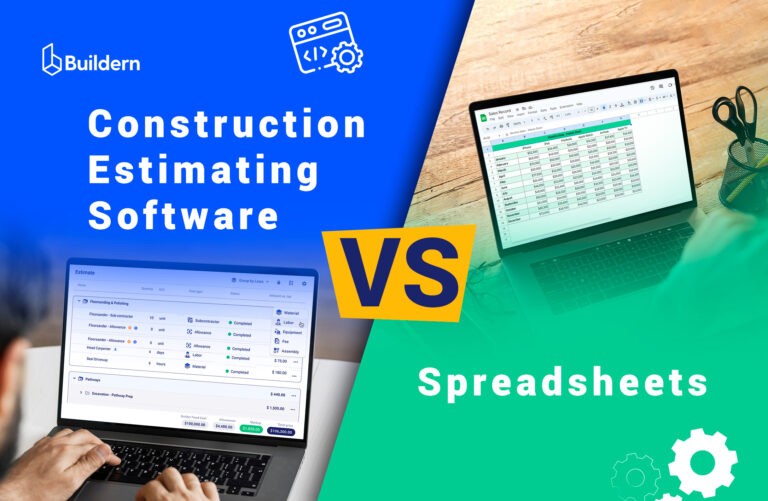How to Start a Construction Company: Requirements, Tips & Techniques

Starting a construction company can be thrilling, filled with opportunities to create, innovate, and make your mark in the world of edifice creation. Whether inspired by the towering structures that punctuate the city skyline or the success stories of friends who have taken the plunge into the construction business, the idea of launching your venture is genuinely captivating.
So, how do you navigate the path to becoming a successful construction entrepreneur? This guide aims to equip you with a toolbox of techniques, practical insights, goals, and beneficial tips to make your construction business successful. Let’s get started!
Table of contents
- Questions to Ask Yourself Before Starting a Construction Company
- How To Start a Construction Company in 6 Steps
TL;DR
- Six Essential Steps: The article will guide you through six critical steps to start a construction company, from creating a solid business plan to acquiring necessary permits and licenses.
- Using Buildern: We’ll see how using a professional construction project management software solution like Buildern will smooth operations and increase productivity.
- Risk Management: As our core goal is to help you build a successful construction company, we’ll also dive into mitigating risks and staying safe in the construction industry.

Questions to Ask Yourself Before Starting a Construction Company
According to the startup failure rate of the industry, construction is in fourth place, with over 53% of startups failing in the first four years.
The reasons for this can be diverse. Whatever it might be, the fact remains that starting a construction company can be pretty challenging.
Thus, before typing the search bar “how to start a construction company”, it is important to familiarize yourself with the construction terminology.
Moreover, it is important to ask yourself a few questions before building your own company.
- What niche will you specialize in?
- Who will be your target audience?
- How much initial capital do you have?
- What is your competitive advantage?
- How will you manage your projects?
Of course, this is the bare minimum you need to take into account before launching your business. However, don’t get discouraged! With the right plan and mindset, starting a construction business can be one of the most rewarding experiences.
How to Start a Construction Company in 6 Steps
Step 1: Do Industry Research
Everything good starts with an idea. But to get that idea, you need to spend hours brainstorming and researching. Research is the first step for the construction business and pretty much anything else. Also, don’t forget that keeping up with the industry trends is essential. That’s why market research is so crucial. It helps you discover the answers to these questions in advance and avoid failures. The next question you should ask during the research process is who your competitors are.
- What do they specialize in?
- How much do they charge?
- What is their reputation?
Don’t forget to research your potential customers. Who do you want your target to be?
Try to find out their interest, median age, and hobbies. It can help a lot during the marketing phase.
Step 2: Have a Business Plan
Now that you’ve finished your research, it’s time to write your business plan. But what is a business plan, and why do you need one?
A business plan is a document that contains the goals of a construction company, the means of achieving those goals, and an approximate time period for the company to do that.
Let’s explore all the required sections that should be included in your business plan.

Executive Summary
This is more of an introduction to your document. It is a brief, usually 1-2 page section that contains a comprehensive analysis of your business. According to the SBA, it should have your mission statement, some biographical information, a summary of the products or services you offer, insight into your finances and funding, some of your past achievements, and your plans for the future. In other words, it is a quick summary of the document to let your readers know what to expect.
Overview of Your Company
In this section, you get to give a general overview of your company, explaining who the leaders are, when it was founded, and what it does. Don’t forget to mention how your company differs from its competitors. Here, you could also talk about your business structure and how you decide to divide the ownership if there is more than one founder.
Analysis of the Market
This section is probably the most extensive one, as you need to write down the entire research of your market and target audience, explaining how you will satisfy their needs.
Here’s what you should cover:
- State of the Industry
- Market segment you are targeting
- Opportunity to grow
- Research of your competitors
- Your market share, along with the pricing of your services or products.
It will surely take you a while to figure out everything, so make sure you allocate enough time to your research.
Business Structure
If you need a place to describe your business structure in more detail, here you have it!
This is where you should tell who owns the construction business, how it is shared among the investors, your legal structure, the organizational layout, and the number of your current employees and future hires. The key here is to explain how each of these elements contributes to your business’s final goal and future success.
Products and Services Offered
It’s time to tell your readers about the products and services that your business offers. Because you’re in the construction industry, your services will rely heavily on material sourcing, so it would also be good if you mentioned some of your building suppliers, partners, and so on.
To make it even more detailed, you could also mention the type of contracts you plan to use with your customers.
Marketing and Sales
Now that you have explained all about your company and services, it is time to tell how you will market it all to your potential customers. In other words, you should start talking about your marketing strategy and sales.
Here are the two main points to highlight in this section:
- The sales strategy: How will you convert your prospects into actual clients? How are you planning to reach out to them?
- Your company positioning: What is the strategy you plan to use for your marketing and advertising? How will you position yourself as a construction company?
Along with these two, do not forget to cover your value proposition, promotion, and overall promotion strategy.
Financial plan
As the name suggests, this section should cover the financial aspects of your business. It should be a comprehensive overview of your current financial state as well as your plans. Don’t worry if you do not have much data from the past to display; you can also use this part of the document to discuss your financial projections and forecasts.
Here is what you can consider including in this section:
- Your income statement or your projected income
- Your current cash flow or your planned cash flow
- Some of your balance sheets, or again, some of your forecasted balance statements
Don’t forget that this is also the place for mentioning your debt obligations, be they investments, loans, or mortgages.
Appendix
Finally, the last section of your document is the appendix where you get to include everything that you thought could be relevant to your business plan. You can attach some charts, graphs, or tables. You could also go deep into your market analysis and reveal some details you haven’t covered initially because you didn’t want to make it all too long.
Here, you can also talk about some relevant past projects, your current insurance, the licenses acquired, the organizational charts, media coverages, and pretty much everything that gives more insights into your business.
Step 3: Register your Company
Business registration might seem like a long and exhausting process, but in fact, it is pretty simple. You should only follow a few easy steps, and your business will be registered!
What are those steps? We’ll list them right now:
- Choose your business entity: Decide on your business name and determine whether you want to register it as a corporation, sole proprietor, or LLC.
- Obtain your EIN: The EIN stands for Employer Identification Number and is your federal tax ID. You need it to pay business taxes, hire employees, open bank accounts, and so on.
- File Form 2553 if you’re registering as an S-Corp: If you decide to register as an S-corp, the state does not handle you, so you must file the corresponding form with the federal government.
- Register with your state agencies: Depending on the state, you might be required to follow either a paper registration or an online one. Remember that if you are operating in more than one state, you will need to register with each of them.
- Register with your local agencies: Visit your local government websites and find out whether you need to register with them, too, and what is required to do so. In the registration stage, one of your difficulties might be deciding what your company structure is. There are four main business structures to choose from: the sole partnership, general partnership, limited liability company, and C or S corporations. Make sure you understand all of them thoroughly before you choose the structure for your business.
Step 4: Get your License
Once your business is registered, you need to take care of your licensing and legal requirements. Some specific licenses and permits ensure that your company operates legally in the market. These permits can be required by states or by municipalities.
The permissions might differ from state to state, so consult the official Contractors’ Board or your local Department of Labor to find out exactly what is required.
Overall, here are the two main licenses you’ll need to conduct your construction work:
- General Contractors’ License
- Specialty Contractors’ License
Step 5: Don’t Forget the Insurance
If you own a construction business, you also need to get it insured. This is a critical step because you want to ensure your company is insured if any emergencies or accidents occur. Again, there are various business insurance types, so take a look at each and understand which one you need. The main insurance types for businesses include:
- General liability insurance
- Property Insurance
- Pollution liability insurance
- Professional liability insurance
- Commercial Auto insurance
- Cyber insurance
- Workers Compensation Insurance
Step 6: Take Care of Funding

Finally, you made it to the last step. Once you’re registered, licensed, and insured, you can start taking care of your funding.
As with any other startup, a new construction company also needs to find enough secure funding to rent or purchase equipment necessary for their work. Before you start applying for investments, equipment loans, grants, or government funding programs, try to understand what equipment or supplies you need. After that, you can consider the following funding formats:
- SBA and Small Business Loans: You can consult the SBA, which has different low-interest loans to help small businesses grow. However, SBA loans are only available to companies with a long credit history and a good credit score.
- Working Capital Loans: Working capital loans are designated for the day-to-day operational expenses. They are especially prevalent among the seasonal industries.
- Vendor Financing Agreement: Finally, you could choose vendor financing that allows your construction company to discuss long-term payments. This format is helpful if you want to use a contract that does not force your client to pay upfront.
- Equipment Loan: In such scenarios when getting all the necessary equipment is the main source of the financial hurdle, you may opt for an equipment loan. This will allow you to make monthly payments for the needed equipment instead of spending a substantial amount of money to get the equipment.
Final Thoughts
Establishing your own construction company is a fruitful yet challenging initiative. It is a thorough process requiring careful planning, dedication, and well-considered strategies. From conducting industry research to building a business plan and registering your company, every step is essential in building a strong foundation and enhancing your footprint in the industry. By staying focused, following safety regulations, and using the right project management techniques, you can make your company stand out among many. Equipped with the right strategies and resources, you are one step closer to bringing your vision into reality.



